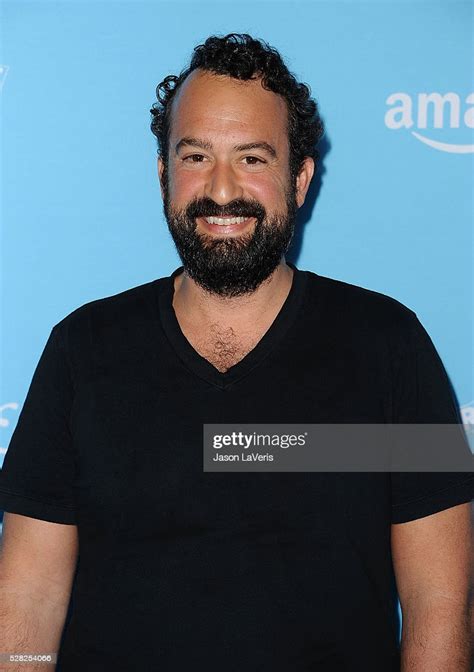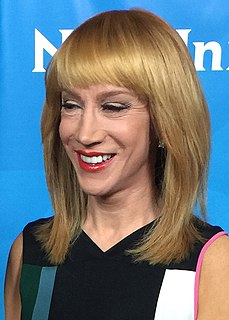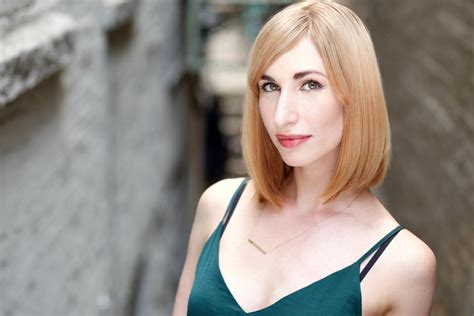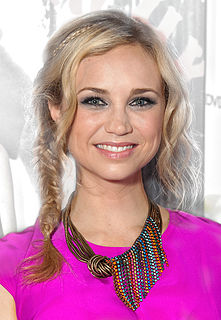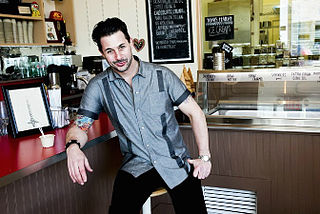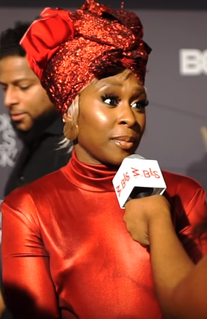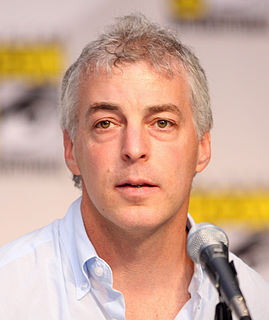A Quote by Steve Zissis
Like we were saying, the fact that the relationships on the show are love-based, and in the sense that I wasn't aware of how special it was in contrast to a lot of the other TV shows that are on right now. It was our audience members that pointed out the love that you see in the show is special.
Related Quotes
I really became aware of the fact that, oh yeah, whereas a lot of other shows are sort of cynical or jaded or just sort of coming from that sort of energy, our show is very, very about these love-based relationships. It really comes out, a lot of times, in a sweet way. And I think people find that refreshing about our show. That's one of the things I definitely picked up on.
One thing about our show that wasn't even in my awareness, but was brought to my attention by other people, is that our show is about these love-based relationships. Even though the characters are obviously going through different conflicts, you can really feel that the characters love each other. And they really try their best.
Africa is a very special place, the people are very special there. There is a lot of love, and a lot warmth and a lot of light that is there. I think that if we aren't careful with places like Africa, in terms of the way that we set up our way of living, which now I think that most of the world operates on. If we don't focus on the steps towards creating a more peaceful structure right now, we could possibly wipe out full nations, cultures and species as as we have in the past.
It [The Esemblist] is also about the generation of audience members that are watching shows and listening to us at the same time; hopefully, in time, when they listen to our show and then go see a show, they'll realize even more what it takes to make a show, and they'll know even more about everybody on stage, rather than just people above the title of the show.
One of the things I've learned - before I would go on a show, I was like, "Oh God, I hate that show" or "That show is gonna get canceled." But now after being full-time on a show, you see how difficult it is and how much work goes into it and how so many decisions are based on finances or people's schedules or talent or location issues. It's a miracle that anything gets made.
In terms of scripted shows, I love 'Mad Men.' Cinematically, it's one of the most beautiful shows ever made. I love the subtlety of the acting and the storytelling, and I love that they don't think the audience is dumb. They make a great show, and you figure it out, and it leaves you with so many questions - it's just great.
